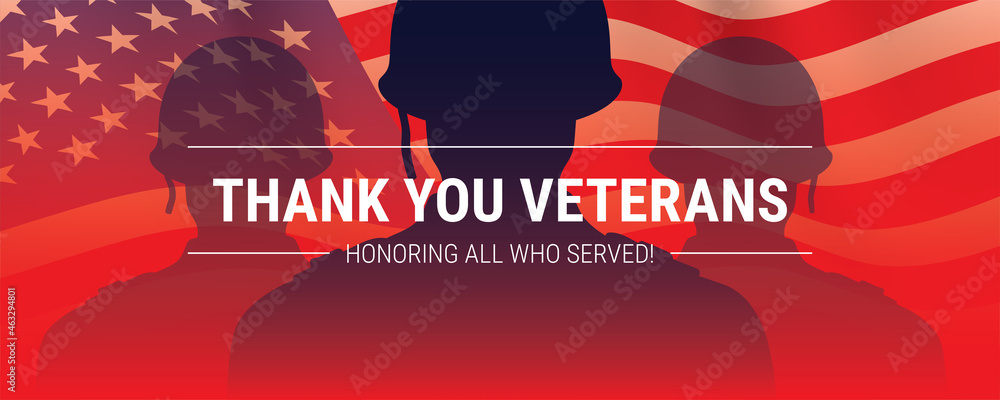
As a veteran, have you ever wondered if a condition you’re experiencing might be linked to your service-connected disabilities or your military service? In this article, we’ll explore how to identify potential connections between various health conditions, utilizing tools like ChatGPT to assist in your research.
Understanding Secondary Conditions
A secondary condition is a disability that arises as a result of another service-connected condition. For instance, if you have a service-connected knee injury that leads to back problems due to altered gait, the back issues may be considered secondary to the knee injury. Recognizing these connections is crucial for VA disability claims, as it can impact your benefits.
Leveraging AI Tools for Research
One effective method to explore potential links between conditions is by using AI tools like ChatGPT. This approach is free, user-friendly, and can provide valuable insights. Here’s how you can utilize ChatGPT in your research:
- Access ChatGPT: Navigate to ChatGPT and log in with your free account. No subscription is necessary unless you desire advanced features.
- Enable Advanced Features: In the chat interface, activate the “Search” and “Reason” features. The “Search” function allows ChatGPT to incorporate up-to-date web search results, while the “Reason” feature enhances its analytical capabilities.
- Formulate Your Query: Craft your question in an open-ended manner to avoid introducing bias. For example: “Are there peer-reviewed scientific studies showing a causal relationship between depression and migraine headaches?” This phrasing ensures that the AI searches for scientific journal articles rather than general websites.
- Review the Response: ChatGPT will process your query and provide an analysis, including citations to relevant studies. You can click on these citations to read the original articles. If the scientific jargon is overwhelming, consider reading the abstract or discussion sections for a summary. Alternatively, you can ask ChatGPT to explain the findings in simpler terms.
Example Queries
To illustrate, let’s consider two scenarios:
- Positive Association: You might ask, “Are there peer-reviewed scientific studies showing a causal relationship between depression and migraine headaches?” ChatGPT may find studies indicating a causal link, providing summaries and citations for further reading.
- No Established Causal Relationship: Conversely, you could inquire, “Are there peer-reviewed scientific studies showing a causal relationship between tinnitus and obstructive sleep apnea?” In this case, ChatGPT might inform you that, while some studies suggest an association, a definitive causal relationship has not been conclusively established.
Exploring Service-Related Exposures
You can also use ChatGPT to investigate potential connections between military service exposures and health conditions. For example: “Are there peer-reviewed scientific studies showing a causal relationship between Agent Orange and dementia?” ChatGPT can provide information on studies examining such links, aiding in your understanding of potential service-related health issues.
Important Considerations
While AI tools like ChatGPT are valuable for preliminary research, they are not a substitute for professional medical advice. Always consult with a qualified healthcare provider to interpret findings and understand their implications for your health. Additionally, be aware that some studies may be behind paywalls, and the AI might not access all available information.
Conclusion
Utilizing AI tools can be a practical approach to exploring potential connections between health conditions, especially when preparing for VA disability claims related to secondary conditions. Remember to verify the information with a healthcare professional and consider the limitations of AI-generated content.
This article is based on informatuon shared by Dr. Sharma, Board-Certified Psychiatrist and Air Force Veteran
Disclaimer: This article is for informational purposes only and should not be considered medical advice. Consult with a healthcare professional for personalized guidance.
